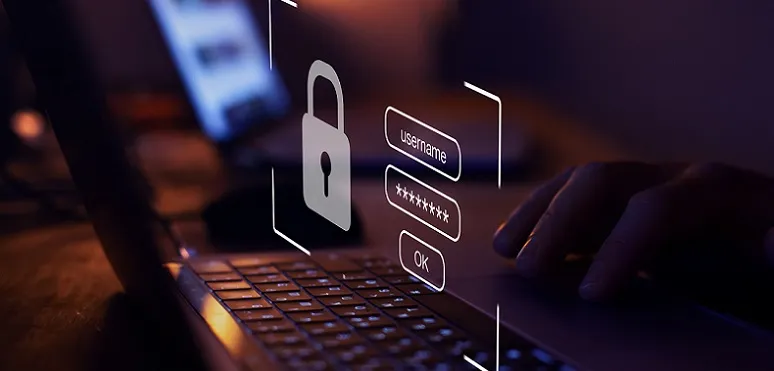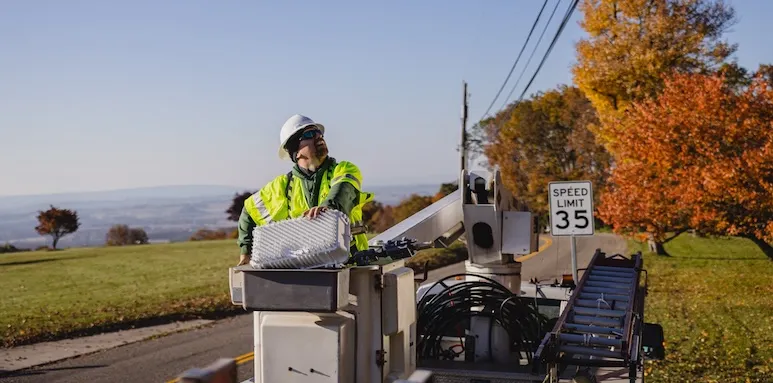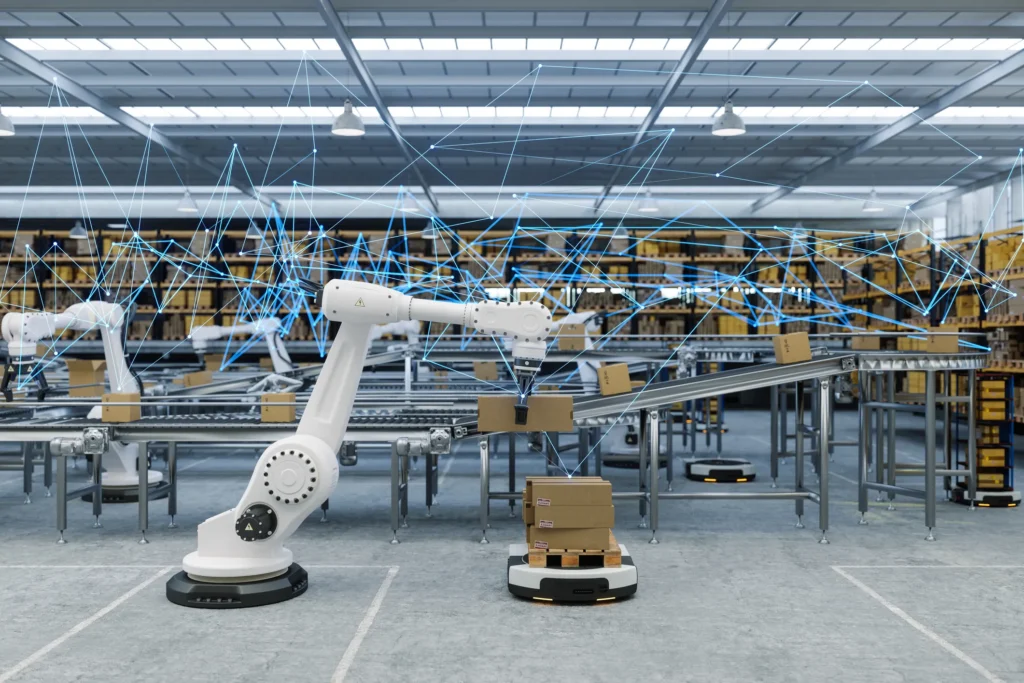Cybersecurity Awareness Month may be wrapping up as October comes to an end, but the cable industry continues to work every hour of every day to secure its broadband networks and users from harm. With more people going online during the pandemic than ever before, the fight against cyberattacks has never been more critical.
“Cable plays a very big role in critical infrastructure,” said NCTA Vice President of Technology Matt Tooley. In fact, the Department of Homeland Security identified communications as one of the 17 roles of America’s critical infrastructure, and the cable industry falls under this umbrella. “Our primary mission is to protect the confidentiality, integrity, and availability of the network for our users,” added Tooley.
But to better understand why and how cybersecurity plays such a large role in America today, it’s important to first examine some of the biggest threats that are lurking on the internet and waiting to strike their next victim:
- Data breaches involve criminals gaining unauthorized access to a user’s data.
- Phishing hackers lure users into giving away sensitive, confidential information such as a credit card number or bank account information.
- Denial of Service attacks are forms of credential abuse that prohibit users from gaining access to a service.
- Ransomware locks down a user’s or business’s data. This especially poses a big problem for industries like healthcare, which can’t afford to lose any time in accessing their patients’ data.
- Espionage is when hackers infiltrate sensitive info, such as intellectual property, to gain a competitive advantage over a person or business.
- Botnets involve large scale networks of computers infected by malware by a single entity working in coordination to orchestrate mass malicious activity.
Cable engineers behind the scenes are always on the lookout for these types of attacks. Their goal is to prevent the network from being compromised and to of course ensure that the network is working as designed. Cable internet service providers (ISPs) have tools in place to deflect these attacks and to protect confidential data from threats such as ransomware or espionage. (It’s important to note, however, that cable operators are able to protect users against these threats on the internet side of the cable modem. Beyond this, cable operators make efforts to communicate to subscribers that it’s critical for them to protect their own personal equipment and home networks. And often, cable operators will provide a service for this as well.)
Here are a few of the key ways cable ISPs are advancing cybersecurity:
- National Institute of Standards and Technology (NIST) Cybersecurity Framework: Since 2013, the cable industry has been working with NIST to develop cybersecurity protocols, processes, and procedures to use in case of a cyber incident.
- Info Sharing: Cable ISPs and affiliates participate in information sharing forums to stay informed of the latest cyber threats and best cybersecurity practices.
- Botnet Identification Tools: Cable ISPs are continually deploying and evolving tools for better identifying botnet attacks and notifying subscribers of botnet-infected devices on their home networks.
- Routing Security: There are lots of different routes on the internet, and the threat here is that a hacker can create a “fake” route which causes internet traffic to go in the wrong direction. This can result in services getting taken offline or in sensitive data being discovered. Cable ISPs are leaders in helping to put together best practices for better routing security and in rolling out updates to this technology.
- IoT Security: From connected light bulbs getting attacked to criminals compromising healthcare equipment at hospitals, IoT cyber attacks can be crippling. The cable industry is working towards developing secure IoT standards for devices across the IoT landscape. For example, CableLabs developed Micronets, a network security framework that automatically quarantines compromised devices from the rest of the network.
The cable industry continues to get out in front of the cyberattacks that are part of the connected world. Fortunately, cable ISPs are always prepared for the unknown and are committed to staying ahead of the online risks that threaten to get in the way of a user’s online experience.









